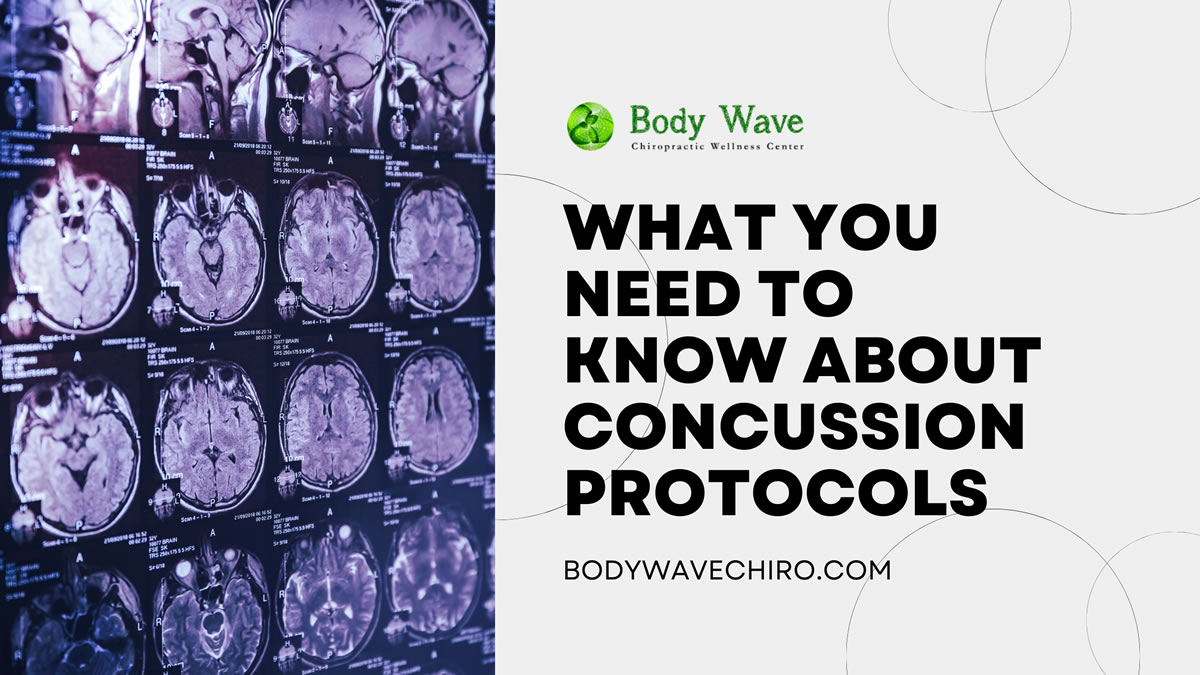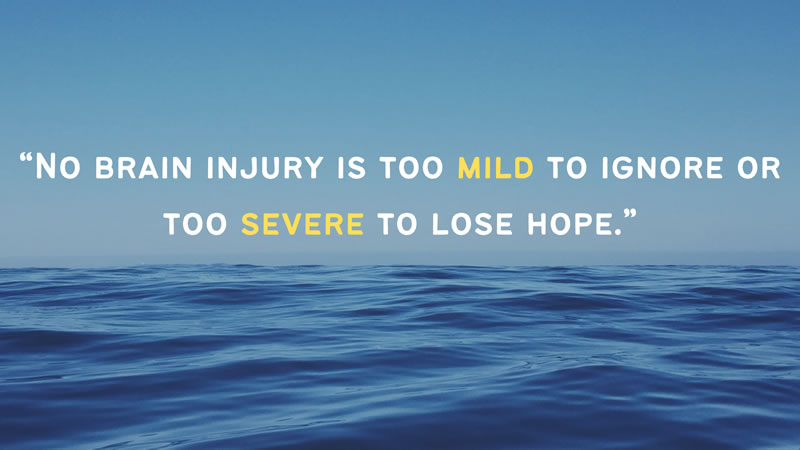
Hey Body Wave Community,
Thank you for opening these emails and engaging with the content. My hope is to bring health and performance into focus for you, to save you time on your path to lead a better life, and help you know where your resources are when you need them.
My latest neuro seminar was on concussions, and since March is brain injury awareness month, it’s great timing for a review of what I picked up.
Facts:
Every 9 seconds, someone sustains a brain injury. Lots of these come from sports injuries, car accidents, and falls. Unlike a sprained ankle which you’d expect to heal pretty quickly, brain injuries are more complex and can leave lasting changes in function that drop quality of life.
Common symptoms of a concussion are:
- Headaches, dizziness, nausea, ringing in the ears, sensitive to light or sound
- Changes in mood, personality, or behavior
- Changes in learning, attention, or problem solving
Symptoms will tend to show up in your weak-link circuits (parts of the brain that are already running at a deficit), not necessarily the part of the brain that matches where your head got hit.
Here’s a sneak peek at a list of things to address for full post-concussion recovery:
In the chiropractor’s office:
- Determine the side of predominant brain dysfunction
- Are motor systems revved up or too quiet?
- Is Fight/ Flight kicked in?
- Are there signs of a Traumatic Brain Injury? (Brain cells have died, so we work a little differently now)
- Return to exercise protocol: the old way was to just rest, now it’s understood that it’s better to start exercise early. You do want to be careful to minimize head movement, control strain, and follow a formula for exertion.
- Are there any metabolic roadblocks: dysglycemia, anemia, hormone dysregulation, inflammation, auto immune, toxic exposure, etc.
Assume you will always:
- Optimize breathing (blood 02 saturation should be 98% or higher)
- Regulate blood sugar by eating every 2 hrs (once asymptomatic, then can do intermittent fasting)
- Heal the blood brain barrier: like ‘leaky gut’, after a trauma we get ‘leaky brain’, where things are crossing into brain tissue that really shouldn’t live there. Anti-inflammatory supplements can support the integrity of the BBB, and help your brain heal.
- Address sleep issues
- Control stressors
- Limit variables – don’t try everything at once so you know what’s working.
After any concussion you want full functional recovery. Even if the functional deficit you are left with is tiny, you do NOT want a weakened brain going into your next fall – these deficits can stack on each other and have a much bigger effect next time.

We want to set you up with neuro-resilience that leads to a better quality of life, so you’re able to handle what’s coming your way and feel like you can enjoy things.
Stay healthy,
Dr. Laura
CONTACT US »
